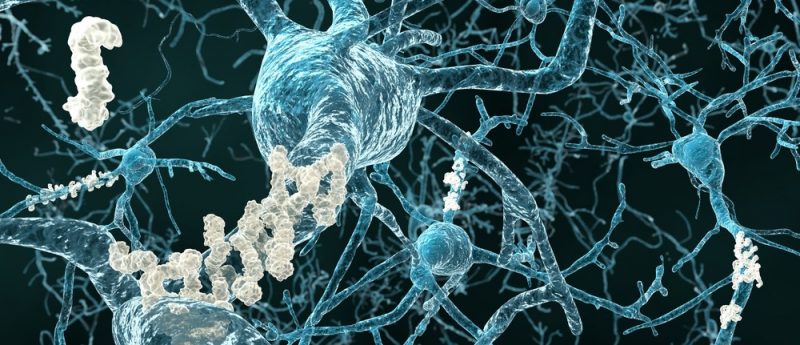First patients treated for Alzheimer’s disease at Japanese clinic

The therapy from Trinity Clinic Fukuoka involves 10 intravenously administered doses of 200 million autologous adipose tissue-derived mesenchymal stem cells.
In a world first, a clinic in Japan is administering stem cells as a treatment for mild-to-moderate Alzheimer’s disease (AD). Trinity Clinic Fukuoka received approval from Japan’s Ministry of Health, Labor and Welfare on April 11 and, since then, has treated three patients. According to the clinic, around 80 patients are booked in to receive the treatment until May.
Previous animal and human studies have indicated that stem cells may be effective in treating AD, although the exact mechanism is unknown, and have been shown to have a low risk of tumorigenesis. In a study conducted at Trinity Clinic’s Partner, Biostar Stem Cell Research Institute (Seoul, South Korea), transplanted autologous adipose tissue-derived mesenchymal stem cells (MSCs) were shown to rescue memory deficit and neuropathology. An ongoing US-based clinical trial for this treatment is listed on ClinicalTrials.gov.
Chang-hee Yang, CEO of Trinity Clinic Fukuoka, said, “It is a great honor to become the first medical institute to use stem cell technology in treating Alzheimer’s patients…As the world is seeing accelerated growth in aging populations and a drastic increase in Alzheimer’s patients, the need for treating Alzheimer’s patients can be met at Trinity Clinic Fukuoka.”
Jeong-Chan Ra, who developed the stem cell treatment for AD, explained his vision, saying, “This is the first step in our project to overcome AD, which was launched with our commitment to conquer this disease. With the start of stem cell treatment, Biostar will support Alzheimer’s patients from all over the world — including Japan, Korea, China, and the U.S., starting in Japan — to restore their memory and ultimately their humanity.”
An ongoing trial for the treatment of AD with MSCs, sponsored by Longeveron (FL, USA), commenced in 2016 and completed it’s run-in phase in March 2017. This trial aims to enrol and treat 30 patients; it is hoped it will provide further proof of MSC efficacy against AD.
Source: Kim S, Chang K-A, Kim JA et al. The Preventive and Therapeutic Effects of Intravenous Human Adipose-Derived Stem Cells in Alzheimer’s Disease Mice. PLoS One. https://doi.org/10.1371/journal.pone.0045757 (2012); https://www.businesswire.com/news/home/20180413005393/en/Nature-Cell-Biostar-Stem-Cell-Research-Institute